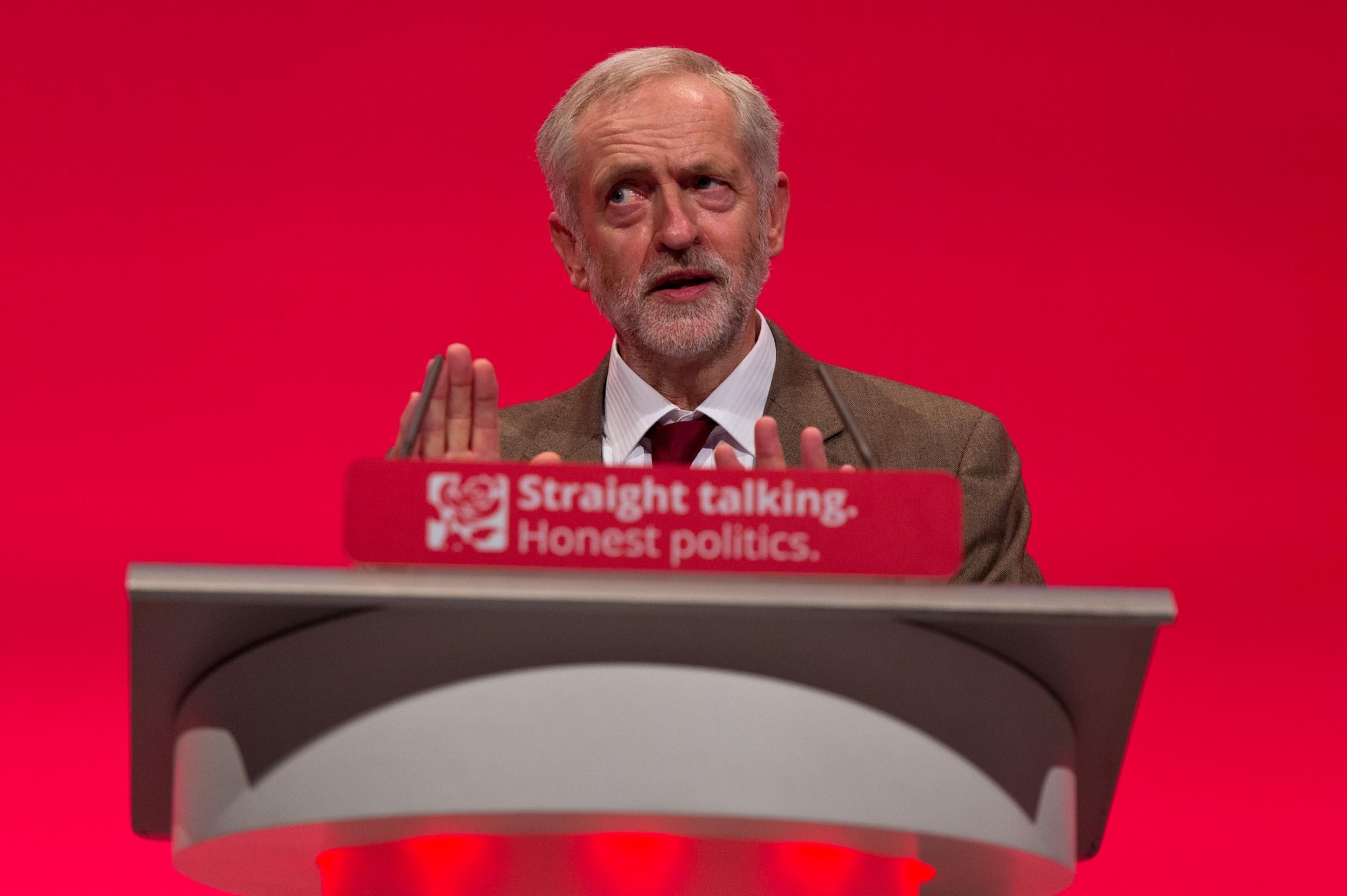If Jeremy Corbyn 'snubbed' Queen over Privy Council, why did David Cameron take three months to be sworn in?
Jeremy Corbyn had "private engagements" that made it impossible to join Thursday's meeting - just like David Cameron did when the birth of his first son meant he had to miss his first scheduled meeting of the Privy Council in 2006

Jeremy Corbyn has been accused of "snubbing" the Queen after turning down a chance to be sworn in to the Privy Council on Thursday, but notes from 10 years ago reveal that it took David Cameron three months to be sworn in himself.
The new Labour leader had "private engagements" that made it impossible to make Thursday's appointment - just like the new Conservative leader when he was first given the chance to take the oath after becoming Leader of the Opposition in 2005.
On February 14 2006 - the first scheduled meeting of the Privy Council after his election victory on December 6 2005 - Mr Cameron missed the meeting because his wife was giving birth to their second son, Elwen.
He was then sworn in at the next meeting a month later on March 8. He was approved to the Council a week after his election victory on December 14 2005 and attended an emergency meeting called by the Labour government about schools a week later, but with no meeting scheduled for January, Mr Cameron had to wait three months to kneel before the Queen and promise to be her "true and faithful servant".
Membership of the Privy Council takes effect as soon as the Order is issued and the Cabinet Office said it is quite normal for the formal oath to take place at a later date.
It is a convention for new members to be sworn in by the Queen and while Mr Corbyn has accepted his invitation to become a member, his spokesman suggested the long-standing republican might try to avoid having to kneel before Her Majesty and kiss her hand while promising never to speak against her.
The spokesman said the Labour leader will "work out" a way of joining the Council formally "at some stage". He added: "Although Jeremy was unavailable for today's meeting, he has confirmed he will be joining the Privy Council.
"As the Prime Minister and others did, it is far from unusual to miss the first meeting due to other commitments."
Shadow Cabinet minister Jon Ashworth said Mr Corbyn will attend the Privy Council ceremony, telling BBC 2’s Daily Politics: “He is going to do it and I’m sure he’ll do it in an appropriate and respectful way and he’ll get on with it soon.”
“I believe he had a private appointment today that he couldn’t get out of, but he is going to go and see the Queen and become a Privy Councillor.”
News that Mr Corbyn was missing Thursday’s meeting caused uproar with monarchists.
Tory MP and Privy Council member Keith Simpson said: "It is a snub for the Queen in the sense that she is a constitutional monarch and she represents the constitutional way in which we do business,” he said.
"Either he has got a more important engagement - I can't think what - or I suspect he is trying to delay the moment."
Some Labour MPs were also outraged, with Simon Danczuk saying his absence had distracted the party from “concentrating on what are really important issues, like child poverty”.
“Today there’s a Resolution Foundation report showing that more people will end up in poverty by the end of this Parliament, and yet a lot of the headlines are about whether Jeremy will kneel before the Queen,” he added.
“If he just got on with what is expected of an opposition leader instead of parading around with these totems that he has we would move much further forward in terms of progress with the party in terms of representing people who are being pushed into poverty.
“Sing the national anthem, wear a red poppy, kneel before the Queen - if he did all those things there wouldn’t be headlines about him, would there?

“I think there is an expectation that the leader of a major political party in the UK is patriotic and believes in British values and believes in a monarchy - I think that is just standard fare for leading a mainstream political party.”
Join our commenting forum
Join thought-provoking conversations, follow other Independent readers and see their replies
Comments
Bookmark popover
Removed from bookmarks